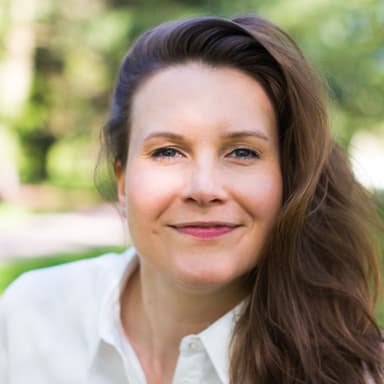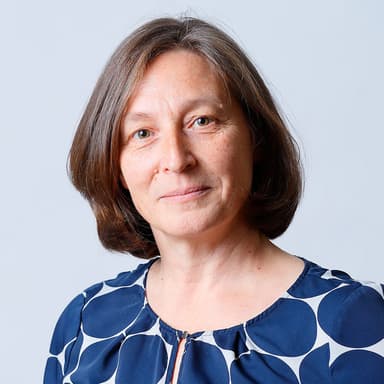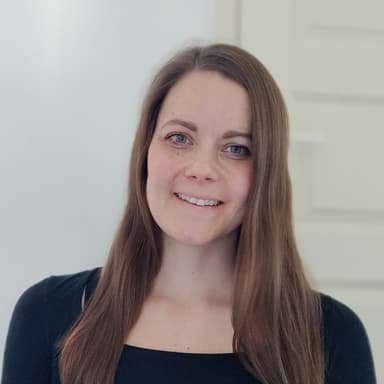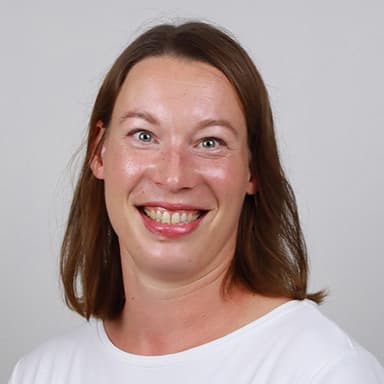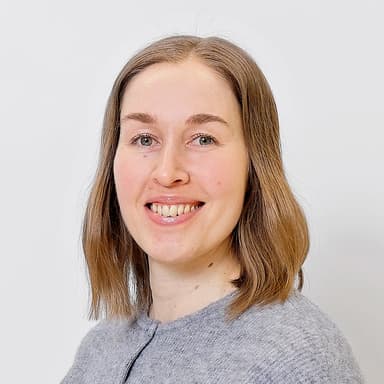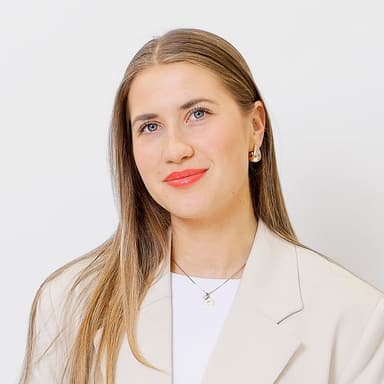SUNRISE Finland
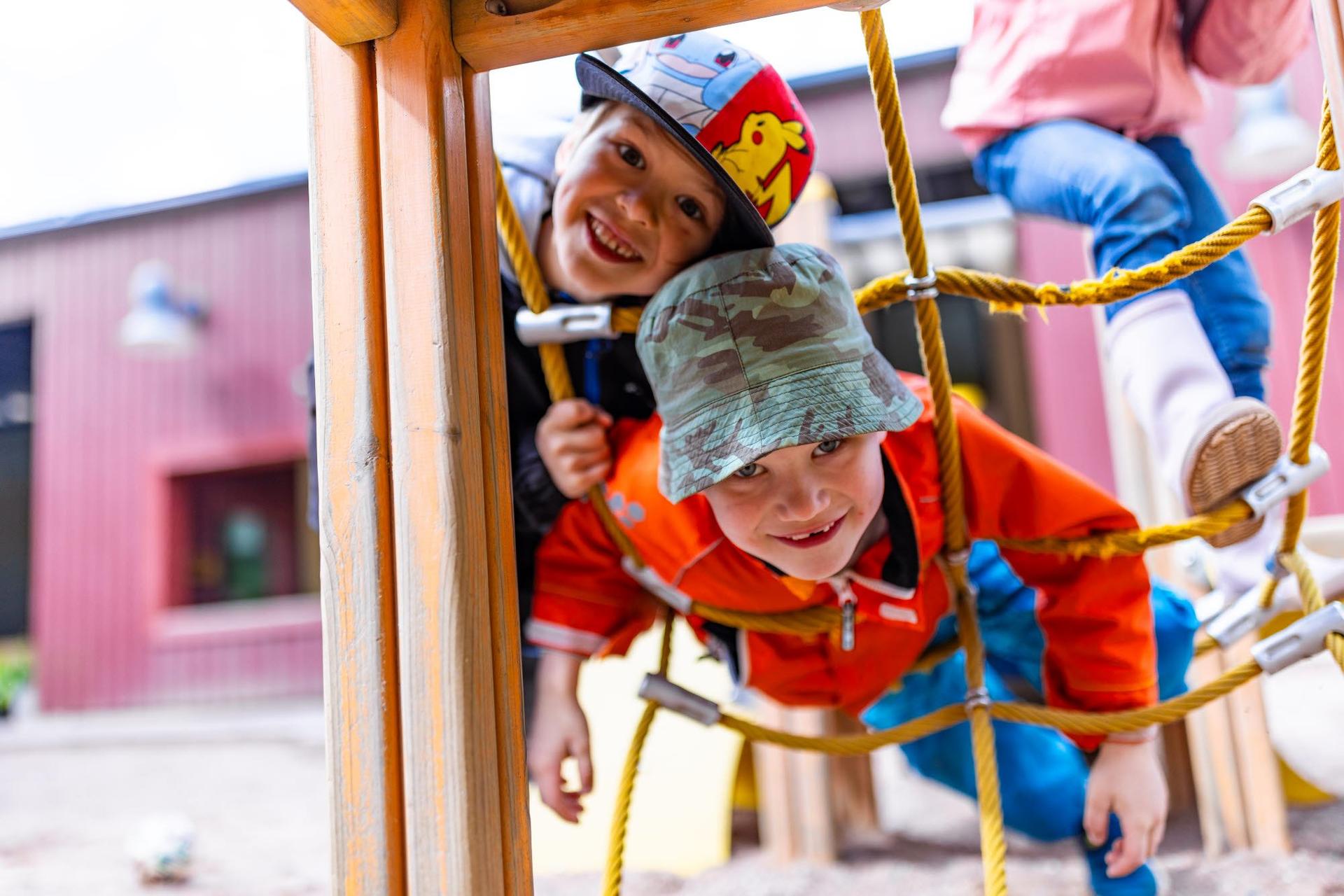
Our research
The SUNRISE Finland study examines movement behaviours, motor and cognitive skills, overweight, and wellbeing in 3- to 4-year-old children. As part of the international SUNRISE study spanning 60+ countries, we assess the proportion of children globally who meet the World Health Organization (WHO) guidelines for physical activity, sedentary behaviour (including screen time), and sleep.
In Finland, we also explore urban-rural and sex differences, socioeconomic and environmental factors, family background, and parental mental health. Our findings will help promote healthy movement behaviours from an early age and ensure equal opportunities for all children to grow and develop in a healthy way.
More than 1,000 3- to 4-year-old children and their 1,500 caregivers participated in the SUNRISE Finland study between June 2022 and November 2023 in five cities and rural areas across Finland.
This study is part of the international SUNRISE study, which brings together more than 60 low-, middle-, and high-income countries worldwide. The SUNRISE study aims to determine the proportion of 3- and 4-year-old children in participating countries who meet the World Health Organization (WHO) guidelines on physical activity, sedentary behaviour (including screen time), and sleep for early childhood. Secondary aims include assessing gross and fine motor skills, cognitive skills (working memory and inhibition), and the prevalence of overweight and obesity.
The SUNRISE Finland study further aims to identify factors associated with children’s movement behaviours at the societal, family, and individual levels. We focus on urban-rural differences, socioeconomic and environmental factors (such as greenness and blueness), family socioeconomic background, and differences between sexes. Additionally, we examine the role of parental mental health, family physical activity, and nature visits. The study also explores factors related to children's motor and cognitive skills, overweight/obesity, and psychosocial well-being.
The SUNRISE Finland study consists of a pilot study and a main study. The pilot study was conducted in early education and care centers in Southern Finland in early 2022. In the main study, more than 1,000 3- to 4-year-old children and their caregivers participated in Helsinki, Espoo, Turku, Kuopio, and Oulu regions (from both urban and rural early education and care centers) between June 2022 and November 2023.
The international SUNRISE study will provide the first global dataset on movement behaviours, motor skills, and cognitive skills in early childhood using standardized measurement methods across all participating countries. The SUNRISE Finland study enables Finland to contribute to this international effort while also generating country-specific evidence on factors influencing movement behaviours in young children. The study examines how individual, family, and societal factors relate to children’s movement behaviours, motor and cognitive skills, psychosocial well-being, and overweight/obesity.
The findings from this study will support efforts to promote healthy movement behaviours from an early age and ensure equal opportunities for all children to grow and develop in a healthy way.
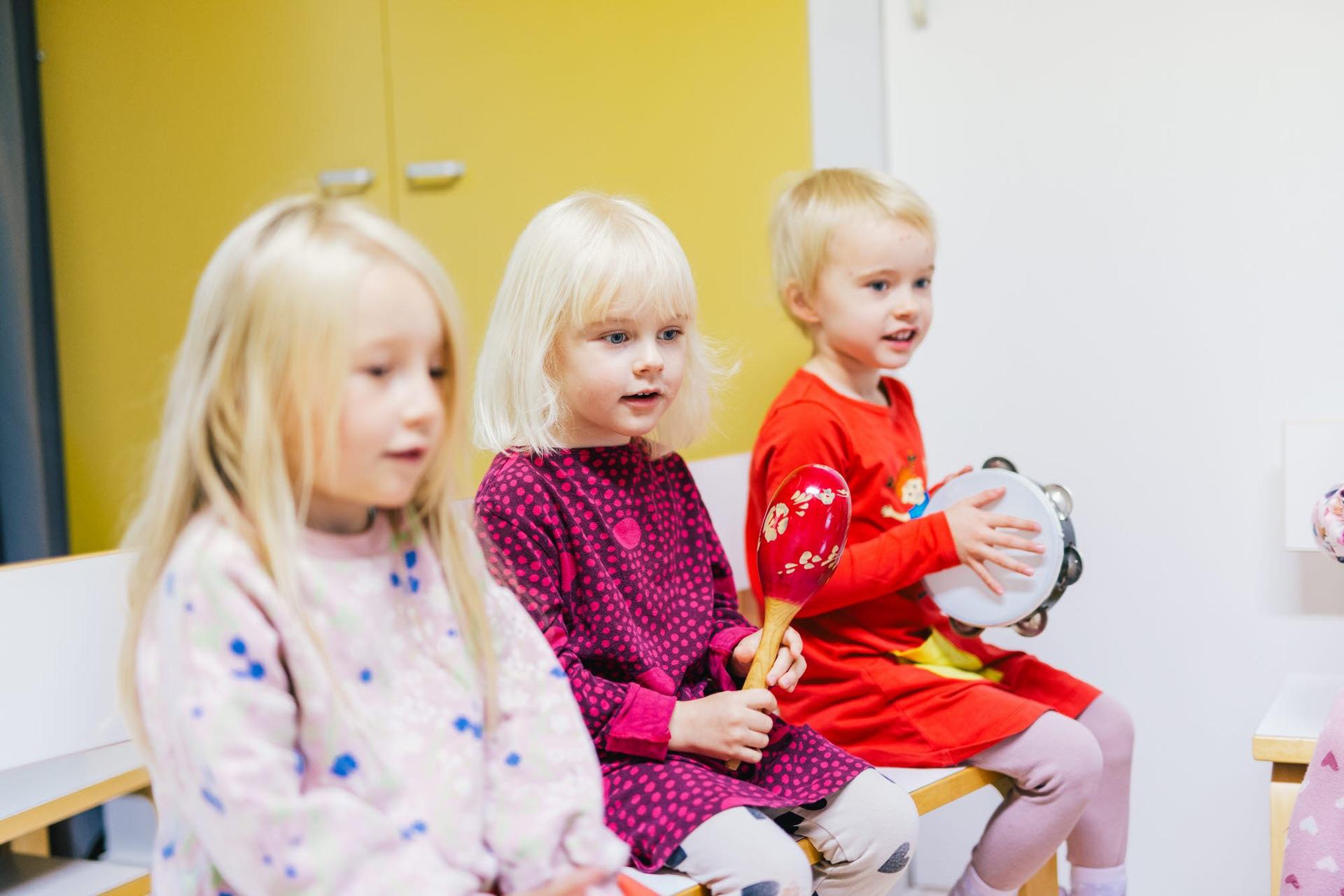
SUNRISE Finland Pilot Study
The SUNRISE Finland Pilot Study was conducted in Folkhälsan daycare centres and in a few communal daycare centres in Southern Finland during early 2022. The aim of the pilot study was to test the feasibility of the SUNRISE study’s measurements in Finland.
Read the Data Protection Statement for the Pilot Study here.
Children’s measurements in daycare centres
All measurements of the SUNRISE Finland pilot study are performed together with a member of a trained research team, prioritizing the child's comfort and enjoyment of playful tests. The measurements last a total of about 45-50 minutes/child. The child can interrupt the measurements at any time.
Anthropometry
The child's height, weight and waist circumference are measured.
Motor skills
Gross motor skills
Supine-timed up and go (STuG) test: The child is lying on a mattress on their back, heels behind the marked line. On the given sign, the child gets up, runs behind a line three meters away and back.
Standing on one leg: The child stands on one leg for as long as possible (up to 30 seconds), keeping their hands free.
Speedless long jump: The child jumps forward from the marked line with both feet at the same time, as far as possible, landing on both feet.
Handgrip strength test: The child squeezes the grip of a dynamometer designed for children with each hand continuously with full force for at least 3 seconds.
Fine motor skills
Pegboard: The child places the pegs on the board one at a time and then removes the pegs from the board as quickly as possible (the test is performed separately for each hand).
Endurance condition
20-meter shuttle run: The child runs back and forth between lines 20 meters apart as instructed by an audio tape.
Cognition
Visuospatial working memory
Mr. Ant iPad Game: The child tries to memorise and recall the locations of the colorful stickers that appear on different parts of a body of a cartoon ant character.
Inhibition
Go / NoGo iPad Game: The child tries to catch fish but avoid touching sharks appearing in the screen.
In addition, accelerometers that measure the child's physical activity are placed on the child's wrist (bell-shaped gauge) and waist (gauge attached with an elastic band). The meters are placed in the daycare centre on the day of the measurement and the children keep the them for at least five days, including while sleeping. The accelerometer at the waist is removed during water-based activities, showering, bathing and sauna, and the meter on the wrist is removed only when going to the sauna.
Questionnaires for parents
The parents/caregivers participating in the study fill in 1-2 questionnaires, which take about 15-20 minutes to complete each.
The questionnaires include questions on e.g. sociodemographic background information, health behaviours of the parent/caregiver (physical activity, use of digital media, circadian rhythm), as well as information on the child's appetite, use of digital media and spending time in nature. The questionnaires also include questions from the following two surveys:
Questionnaire on a child's physical condition - International Fitness Scale for Children (IFIS-child) parent / guardian assesses child's physical condition.
Child Insomnia Symptoms Survey - Pediatric Insomnia Severity Index (PISI) parent / guardian evaluates child insomnia symptoms.
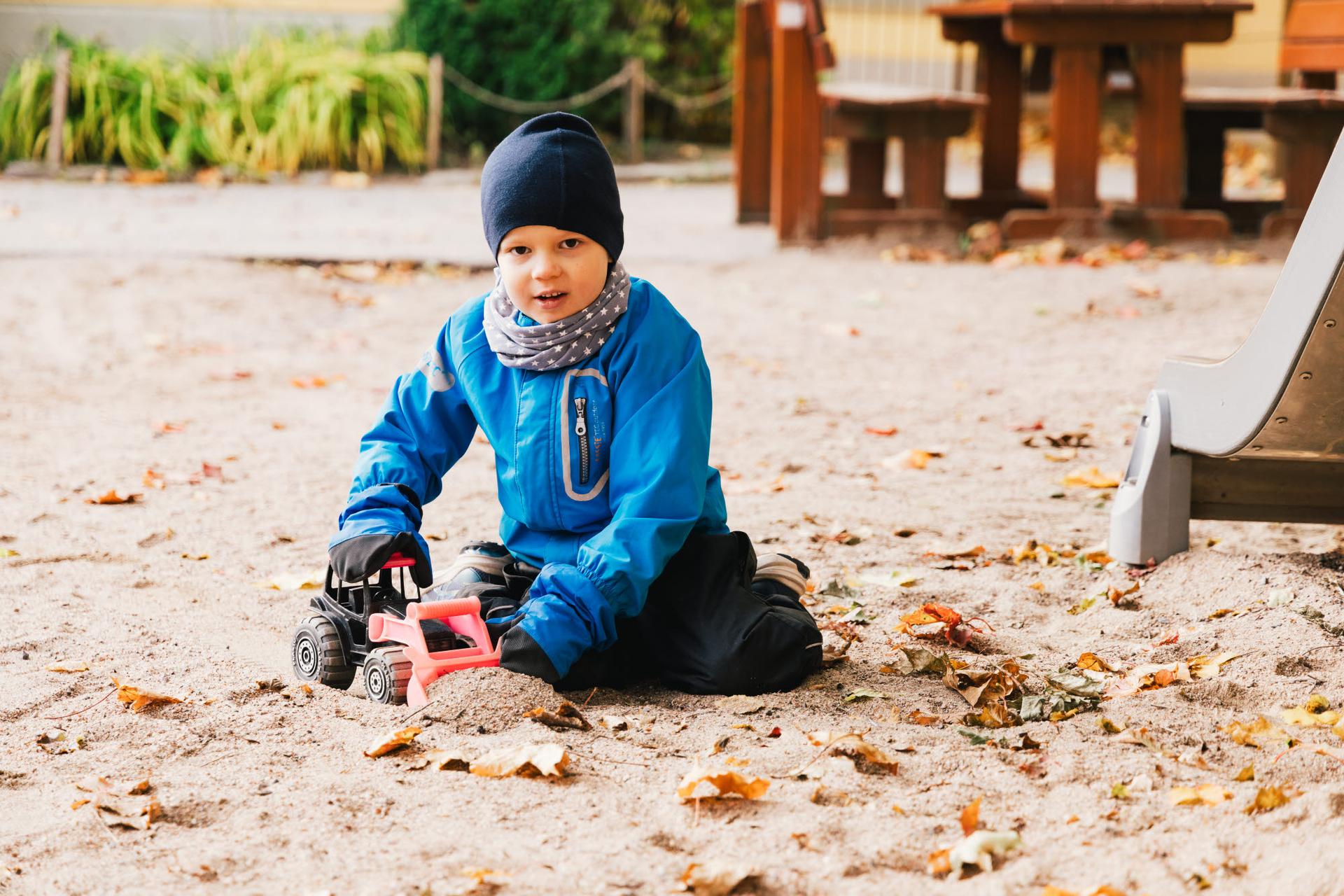
SUNRISE Finland Main Study
More than 1,000 children aged 3 to 4 years and their caregivers participated in Helsinki, Espoo, Turku, Kuopio and Oulu regions (from urban and rural daycare centres) between June 2022 and November 2023.
Read the Data Protection Policy here
The SUNRISE Finland main study examines the 24-hour movement behaviours (physical activity, sedentary time and sleep), as well as motor and cognitive skills (working memory and executive function) of children aged 3–4 years. In addition, factors possibly associated with children's movement behaviours (including socio-demographic factors, residence, education and parental health behaviour and mental health) are examined.
Children's measurements in daycare centers
All measurements and tests were performed together with a member of a trained research team, prioritizing the child's comfort and enjoyment of light-hearted tests. The measurements lasted a total of about 20–40 minutes per child. The child was able to stop the measurements at any time. The measurements did not involve higher risks than normal everyday life.
Motor skills
Cognitive skills
Anthropometry
Physical activity, sedentary and sleep
Questionnaires for caregivers
The parents/caregivers participating in the study filled in 1–2 questionnaires. The questionnaires included questions on e.g., sociodemographic background information (age, education, income, residence, family composition), health behaviour of the parent/caregiver (physical activity, use of digital media, circadian rhythm), as well as information on the child's appetite, use of digital media and time spent in nature.
The questionnaires also included some parts on mental health-related symptoms and mental well-being. We asked about different negative and positive feelings through commonly used surveys.
Questionnaires for mental well-being
The questionnaires measure the incidence of symptoms from the topics below.
Depressive symptoms questionnaire – Center for Epidemiologic Studies Depression Scale (CES-D) – to survey the incidence of depressive symptoms during the last week
Anxiety symptoms questionnaire – Generalized Anxiety Disorder 7-item Scale (GAD-7) – to survey the incidence of anxiety symptoms during the last two weeks
Stress symptoms questionnaire – Perceived stress scale (PSS-10) – to find out to what extent life situations were considered stressful during the last month
Insomnia symptoms survey – Insomnia Severity Index (ISI) – to survey sleep difficulties experienced during the previous two weeks
Smartphone use questionnaire – No Mobile Phone Phobia Questionnaire (NMP-Q) – surveys feelings of discomfort, nervousness and anxiety due to the unavailability of a smartphone
Social media use questionnaire – Social Media Self-control Failure (SMSCF) – evaluates self-regulation of social media use
Happiness questionnaire – Subjective Happiness Scale (SHS) – evaluates the experience of happiness.
Questionnaires about the child
Questionnaire of a child's physical condition - International Fitness Scale for Children (IFIS-child) parent / guardian assesses a child's physical condition.
Child Insomnia Symptoms Survey - Pediatric Insomnia Severity Index (PISI) parent / guardian evaluates a child’s insomnia symptoms.
The Strengths and Difficulties Questionnaire (SDQ) parent/guardian assesses a child’s emotional symptoms, conduct problems, inattention, peer relationship problems and prosocial behaviour, and whether these affect a child’s life.
Environmental features
Based on address information and the location of the day-care of children participating in the study, we examine how the environment affects children's physical activity. The GIS (Geographic Information System) is used in the analyses in cooperation with the University of Oulu. It defines various features of the environment, such as the natural and built environment. For example, the amount of greenery in a residential and day-care environment can be measured using spatial data methods.
Further research
Registry studies
Data will be retrieved from the national registers at a later date with the permission of the authorities to supplement the data collected in the study. Background information of children and parents (e.g., education and place of residence) as well as health-related information (e.g., illnesses) can be obtained from the following registrars: Digital and Population Information Agency, Social Insurance Institution of Finland (KELA) and National Institute for Health and Welfare (THL). Registry research will be announced in more detail by e-mail and on the study website when they are ongoing. Participants have the right to refuse to participate in registry studies.
Follow-up studies
Participants may be invited to take part in follow-up studies at a later stage. These follow-up studies will examine, for example, children’s movement behaviours as they grow older. Participation in follow-up studies is voluntary, and families have the right to decline. The first follow-up study is planned to begin in 2026.
Read more
Young Group Leader
Senior Scientist
Visiting Scientists
Tea Karppinen
Ulla-Maija Luoma
Nanna Wackström
Doctoral Researcher
Parental Perceptions of Environmental Factors on Preschoolers’ Sleep Duration Among 23 Low-, Middle-, and High-Income Countries.
Maddren CI, Dhamrait G, Ghogho M,… Engberg E et al.
Behavioral Sleep Medicine. 2025.
Varhaiskasvatusikäisten lasten liikkumiskäyttäytymisen sekä motoristen taitojen erot Helsingissä ja lähimaaseutualueilla.
Uusitalo K, Louhi R, Puhakka S, Kaasalainen K, Roos E, Engberg E. Liikunta & Tiede. 2025.
Measurement properties of the SUNRISE Study Parent Questionnaire for assessing sleep and sleep-related family practices.
Zhang Z, Abdeta C, Chelly MS, del Pozo Cruz J, ... Roos E et al. Sleep Health. 2025.
Parental Perceptions of Environmental Factors on Preschoolers’ Outdoor Play in 19 Low-Income, Middle-Income, and High-Income Countries. Maddren CI, Dhamrait G, Ghogho M, Jáuregui A, Engberg E et al. Journal of Physical Activity and Health. 2025.
Geocultural differences in pre-schooler sleep profiles and family practices: an analysis of pooled data from 37 countries.
Zhang Z, Abdeta C, Chelly MS, …Engberg E et al. Sleep. 2024.
Practical steps needed to achieve impact of the WHO 2019 movement behaviour guidelines for children under the age of 5: the SUNRISE Study Europe Group evaluation.
De Craemer M, Veldman SLC, Azevedo, ...Engberg E, et al. The Lancet Regional Health – Europe. 2024.
Sociodemographic factors, parental mental health and movement behaviours in the early years: the SUNRISE Finland study protocol.
Engberg E, Ojala A, Paasio H, et al. Journal of Activity, Sedentary and Sleep Behaviors. 2024.
Cross-sectional examination of 24- hour movement behaviours among 3- and 4-year-old children in urban and rural settings in low-income, middle-income and high-income countries: the SUNRISE study protocol.
Okely T, Reilly JJ, Tremblay MS, …Roos E, et al. BMJ Open. 2021.
Master's theses
Sannakaisa Suortamo, University of Jyväskylä 2025: Sosiodemografisten tekijöiden yhteydet 3- ja 4-vuotiaiden lasten painoindeksiin ja vyötärö-pituussuhteeseen
Niina Piiroinen, University of Eastern Finland 2025: Kronotyypin yhteys fyysiseen aktiivisuuteen, paikallaanoloon ja nukkumiseen 3–4-vuotiailla lapsilla
Roosa Louhi ja Karoliina Uusitalo, University of Jyväskylä 2024: 3-4-vuotiaiden lasten liikkumiskäyttäytymisen sekä motoristen taitojen eroavaisuudet kaupunki- ja maaseutuympäristössä
Jenny Gustafsson, University of Jyväskylä 2024: Vanhempien ja 3–4-vuotiaiden lasten digitaalisten medioiden käytön yhteydet lasten motorisiin taitoihin ja fyysiseen aktiivisuuteen
Heidi Niemi, University of Jyväskylä 2024: The associations of Nature Visits and Family Physical Activity with Parental Happiness: A Cross-Sectional Study in Southern Finland
Lilja Öhman, University of Jyväskylä 2023: Barns fysiska aktivitet, sömn och skärmtid i relation till familjens socioekonomiska ställning. En tvärsnittsstudie gjord på finska 3–4-åriga barn och deras föräldrar – SUNRISE Finland pilotstudie.
Olli-Jussi Makkonen, Turun yliopisto 2023:
Vanhemman liikunta-aktiivisuuden ja sosioekonomisen aseman yhteydet 3–4-vuotiaan lapsen fyysisen kunnon arviointiin.
Pragga Bhattacharjee, Lund University 2023:
The associations of parental screen time, nomophobia and social media self-control failure with preschool-aged children’s screentime: a cross-sectional study in Southern Finland.
Professor Tony Okely, University of Wollongong, Australia
Professor Pasi Koski, Faculty of Education, University of Turku, Finland
Professor Katri Vehviläinen-Julkunen, Faculty of Health Sciences, University of Eastern Finland and Kuopio University Hospital, Finland
Professor Raija Korpelainen, Center for Life Course Health Research, University of Oulu, Finland, and Oulu Deaconess Institute Foundation sr.
Dr Elena Jansen, Department of Psychiatry and Behavioral Sciences, Johns Hopkins School of Medicine, USA
Dr Ilona Merikanto, SLEEPWELL Research Program, Faculty of Medicine, University of Helsinki, Helsinki, Finland
Professor Jari Lahti, Department of Psychology and Logopedics, Faculty of Medicine, University of Helsinki, Helsinki, Finland
Dr. Lauri Hietajärvi, Research Group for Educational Psychology, Faculty of Educational Sciences, University of Helsinki
Liiku (Lounais-Suomen Liikunta ja Urheilu ry)
Professor John J Reilly, Department of Psychological Sciences and Health, University of Strathclyde, Glasgow, Scotland
Professor Marie Löf, Department of Biosciences and Nutrition, Karolinska Institutet
Dr Tuija Tammelin, Principal researcher, JAMK University of Applied Sciences, Finland
Professor Jesús del Pozo Cruz, University of Seville, Spain
Professor Valerie Carson, University of Alberta, Canada
The International Study of Movement Behaviours in the Early Years (SUNRISE)
JOYPAM project (Piilo-tutkimus), Likes by JAMK, Finland
Joy in Motion Programme (Liikkuva varhaiskasvatus), Finnish National Agency for Education
Research Council of Finland
Samfundet Folkhälsan
Wilhelm and Else Stockmann Foundation
